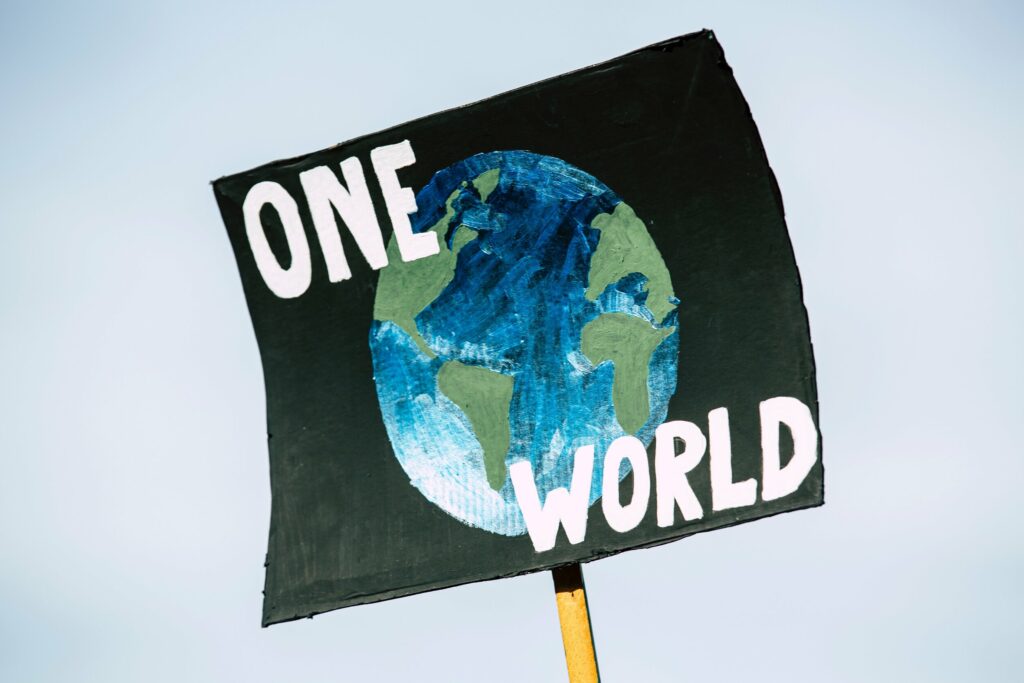The Cambridge dictionary definition of sustainability is ‘the quality of causing little or no damage to the environment and therefore able to continue for a long time’.
Collectively, we’ve become far more conscious of sustainability and the impact of our lifestyles on the environment. Nearly everything we do and buy has an environmental cost. We are increasingly aware of what those costs are and what they mean for our planet and future.
We’ve learned just how much water it takes to produce a pair of jeans, we’re acutely aware of the impact of single use coffee cups and some of us might be planning to fly less in the future.
Why now?
There’s certainly a sense of urgency around environmental issues now. The UN has warned that we have just over a decade to act to prevent climate catastrophe and activism has featured heavily in the media with David Attenborough, Greta Thunberg and Extinction Rebellion making regular appearances.
On an individual level, the environmental impact of our consumerism didn’t used to be so visible and was perhaps deliberately hidden by brands in order to soothe our consciences about consuming ever more.
Striking a balance
There are now lots of conversations around the environmental cost and the sustainability of everything we consume, which can be both helpful and overwhelming. The dissection of the consequences of every choice we make as consumers can also have the effect of turning people against the conversation, as they feel powerless and bewildered, with every choice they make agonisingly scrutinised.
Taking all this into consideration, brands need to make sure they take part in the conversation, but they need to take care to strike the right balance – providing helpful information and helping consumers to make more sustainable choices.
COVID and the climate conversation
The pandemic has presented us with an incredible opportunity for insight, giving us the chance to pause, and look at our lifestyles. Flights are grounded and fast fashion shops have been shuttered, provoking some of us to question their necessity. We’ve seen so many amazing photos of nature reclaiming the environment – skies above LA are free-from smog and the canals of Venice are clear.
People are considering how the future might look and how we can make the ‘new normal’ an improved version of the world. Most people will have adjusted to consuming less over this period and many are pledging to make more considered decisions in the future.
Melinda Stevens, editor of Conde Nast Traveller, urged readers to ‘appreciate the consequences of our choices’ in the June edition of the magazine. It feels as though we are moving towards more conscious and considered consumerism – and rightly so!
Greenwashing
Primark faced backlash over its ‘Wellness’ range that was introduced in March, which ticked lots of eco-aesthetic boxes with brown paper packaging and a focus on using ‘organic cotton, recycled and sustainable materials’. Primark described the range as being ‘designed with an environmentally friendly focus as part of our commitment as a responsible retailer’. They even went to the extent of using #PrimarkCares (the responses on Twitter make for some interesting reading!)
The cultural conversation around our clothes – the ethics of who makes them and the sustainability of the materials used, has exploded since Stacey Dooley’s documentary in 2018 about fast fashion. Primark (along with most other fast fashion outlets) is notorious for poor working conditions and environmental degradation through unsustainable growing and processing practices.
Primark’s Wellness Range is a transparent example of greenwashing that has been criticised heavily online.
Sustainability is more than just a trend for brands to give a nod to. Consumers are wise to greenwashing and it can result in a loss of trust and ultimately with customers turning away from brands they once admired. Brand marketing is becoming increasingly saturated with hollow ‘sustainable’ and ‘eco-friendly’ claims, which has led to demand for brands to back up these credentials.
Brands that are truly pioneering in the sustainability sector aren’t greenwashing, they are offering products that enable more sustainable lifestyles, or products that are made to last a long time, reducing the need to consume. They are the ones that people need to hear about!
Working sustainability into your story
For companies that have a product range designed specifically with sustainability in mind, being part of the sustainable conversation is easy. It also means that they can collaborate with other sustainably minded companies. At Honest, we work with brands that promote more sustainable lifestyles by helping people to grow their own food, compost their own waste, or reduce their plastic use. The products these brands offer allow consumers to become the hero in the sustainability story, which is powerful.
Increasingly, people expect more of brands – they need to be accountable and walk the talk. It’s no longer enough for brands to throw the word sustainability around without being specific about the ways in which they are promoting it and being able to back up their claims.
It’s no longer a token nod, it’s a genuine, heartfelt commitment to making a change.
The future for brands
The developing climate crisis will mean that sustainability becomes more and more crucial over the coming years. The way we consume is changing, and brands who seek longevity need to make sure that sustainability is at the top of their agendas. This might mean pivoting their product offering or engaging in sustainable business initiatives.
How we can help
We already work with brands in the sustainable living space. We have worked with influencers and bloggers who promote sustainable lifestyles and we have good relationships with journalists and magazines writing about the topic.
If your brand has a sustainability story to share, we can help you shout about it!
Find out more about our work in the Sustainable Living sector.





